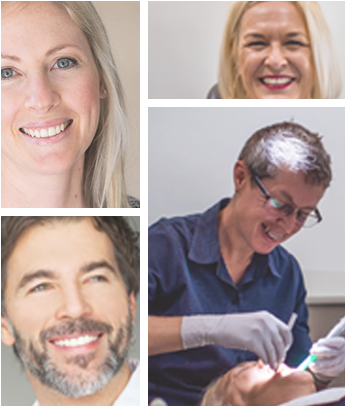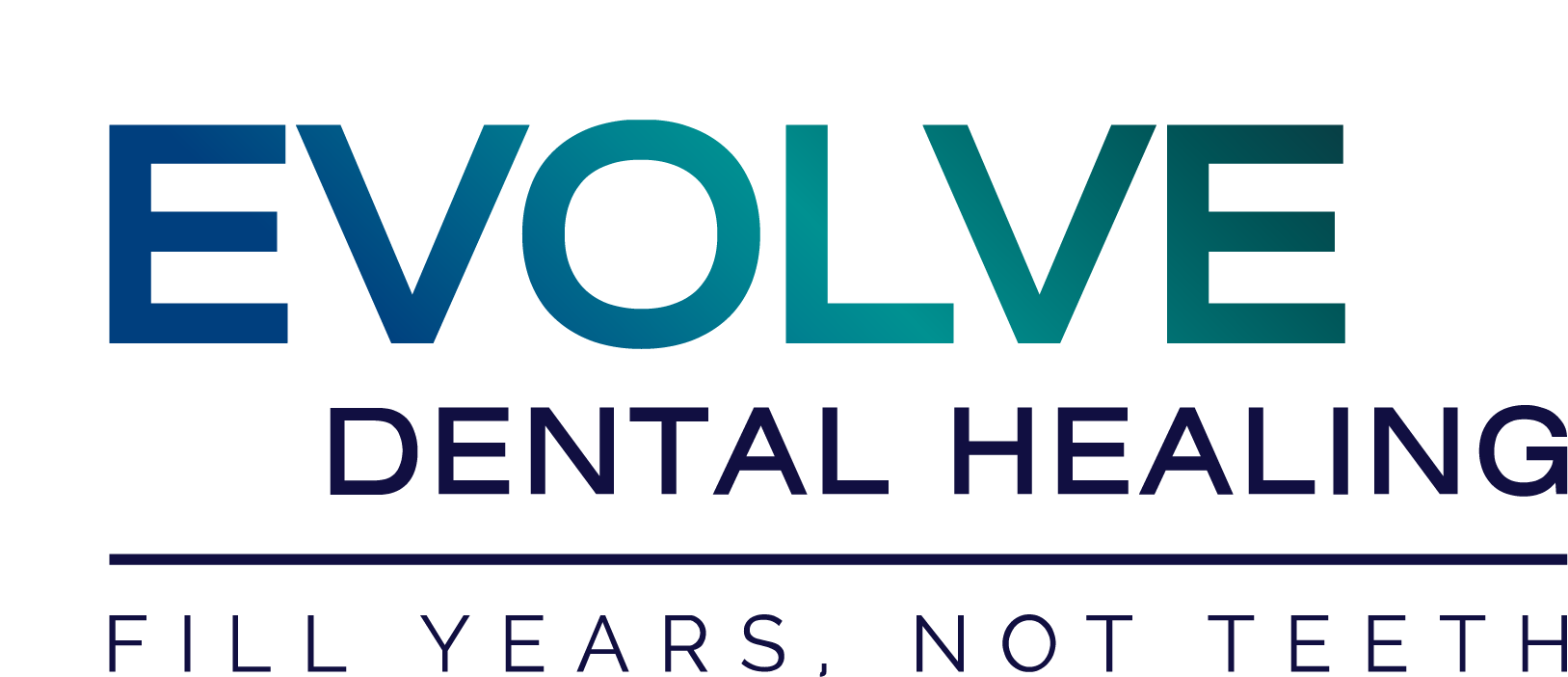Dry Mouth in the Morning

What Causes Dry Mouth In The Morning?
Causes for dry mouth in the morning can range from excessive snoring due to sleep apnoea to having swollen and inflamed sinus passages because of an allergy. Other common reasons for morning dry mouth include excessive caffeine, sugar or alcohol consumption prior to falling asleep, nasal polyps that obstruct airways and taking medications that reduce the ability for salivary glands to produce sufficient saliva during sleep.
Anyone of these problems will impede your ability to breathe normally while you sleep, i.e., through your nose instead of your mouth, which results in an excessive amount of air being inhaled and exhaled through the mouth.
Mouth breathing dries out the mouth and this is made worse by the fact that salivary glands reduce the amount of saliva they secrete during sleep.
Morning Breath
Why does having a dry mouth during the night cause your breath to smell so bad in the morning? The answer to this question is the same answer that correctly explains why we have bad breath at all… anaerobic bacteria.
Within the human mouth live billions of bacteria, some beneficial, some not so beneficial. While anaerobic bacteria are responsible for consuming any mouth debris that does not get rinsed away by saliva flow or removed via good oral hygiene practices, they are also responsible for the excretion of gases that give “bad breath” its name.
Mouth debris such as food particles, mucus, dead tissue and blood that often seeps from canker sores, lesions, abscesses and gums infected with gingivitis provide protein-rich food from which these bacteria receive their energy. Because oral anaerobes do not possess the enzymes necessary to detoxify waste products, the volatile sulphur compounds constituting this waste give breath that “rotten egg” smell common to halitosis sufferers.
Volatile sulphur compounds, or VSCs, consist mostly of:
- Cadaverine–emanates from a decaying corpse
- Skatole–the odor identifying feces
- Isovaleric acid–contained in sweaty feet perspiration
- Putrescine–the smell produced by rotting meat
The only time anaerobic bacteria are not exuding these foul odours is when the environment in which they live is sufficiently oxygenated and clean. Since saliva is primarily responsible for keeping the mouth moist, oxygenated and debris-free, the lack of saliva found in a dry mouth in the morning will be the root cause of bad breath.
How Saliva Protects the Mouth
Oral anaerobic bacteria cannot live in oxygenated conditions, nor can they live where there are no proteins to consume.
Saliva is necessary to prevent the mouth from being overwhelmed with anaerobes and the noxious VSCs they produce, as well as providing the mouth with:
- Antibacterial, antiviral and antifungal properties that protect the mouth from teeth and gum disease
- Acid neutralizing substances that directly attack plaque, a common cause of periodontitis
- Help in the remineralisation of tooth enamel by providing calcium and phosphorous
- Initiating the digestion process in the mouth by breaking down food with powerful enzymes
- Enhancing your sense of smell and taste
Saliva also aids in preventing plaque buildup, a film of bacteria that adheres to teeth and protects anaerobes lying underneath the film from being exposed to oxygen.
Plaque needs to be eliminated each day by brushing, flossing and using an oxygenated, alcohol-free mouthwash or it will harden into a harmful substance called tartar.
Unless tartar is removed by a dentist or dental hygienist it will rapidly lay the foundation for cavities, tooth loss and chronic halitosis.
The Tongue and Back of the Throat
Also accompanying dry mouth in the morning is a dry tongue and throat, attractive places to anaerobic bacteria for the purpose of consuming proteins and reproducing.
The tongue has thousands of fissures in which bacteria can hide from oxygen, especially near the back, which explains that fuzzy, white coating composed of bacteria you see covering your tongue in the morning.
In fact, half of the sulphuric gases emitted by oral anaerobes originate from the tongue, where mouth debris like dead cells and post nasal drip mucous can also find refuge in tongue crevices.
The back of the throat contains huge amounts of anaerobic bacteria as well, mainly because it is hard to reach with toothbrushes and consistently provides a stagnant and oxygen-poor environment.
Post nasal drip and thick mucous also offer rich amounts of food for oral bacteria to consume, which means more VSC excretion and worsening mouth odour.
Temporary Remedies for Dry Mouth in the Morning
- For the relief of congested, swelled nasal passages, using medicated nasal spray or nasal dilator strips may help open passages so that air can flow more freely to prevent mouth breathing. However, when the nasal spray is used for more than three days, the nasal tissues actually become accustomed to the spray and will swell unless more spray is introduced into the nose, regardless if the user is suffering from an allergy or cold. Moreover, nasal dilator strips do not work with everyone and may only provide partial relief from a stuffy nose.
- Avoid drinking alcohol, acidic citrus juices and consuming beverages with high caffeine content before going to bed.
- If you are a smoker, try not to smoke several hours before retiring. Drink several glasses of water instead to hydrate the mouth.
- Avoid consuming salty snacks before bedtime.
Oral Hygiene Products that Worsen Dry Mouth in the Morning
What many people do not realise is that the products they use to clean their mouth… mouthwashes, toothpaste, gargles are actually aggravating the dryness of their mouth in the morning.
Research into morning dry mouth causes has discovered that toothpaste containing sodium lauryl sulphate, a highly abrasive foaming agent, and mouthwashes containing over 20 percent alcohol are the primary culprits in creating a fertile breeding ground for oral anaerobic bacteria while a person is asleep.
Because alcohol has antibacterial properties, most name brand mouthwashes include large amounts of it in their formulas. However, it is also an extreme desiccant it dries things out and contributes to further inhibition of the saliva gland functioning at night as well as during the day.
Used by manufacturers solely as a foaming agent, sodium lauryl sulphate (SLS) does not benefit oral health or contribute to fresh breath in any way. In fact, SLS is known to provoke mouth ulcer development and tissue abrasion, which only supplies anaerobes with more protein-rich food to consume and eventually emit as VSCs.
Tips for clean, fresh breath and a healthy, disease-free mouth
- Brush and floss daily – preferably after every meal.
- Use an alcohol-free natural mouthwash.
- Use a tongue scraper to clean the back of the tongue.
- Eat real food, not processed.
- Reduce sugar intake.
- Drink plenty of water.
- Use toothpaste with no fluoride, SLS or triclosan.
If you are concerned about bad breath or the health of your mouth then contact us today. 07 3720 1811.
-
Dr. Rachel Hall
Rachel is the founder and principal dentist at Evolve Dental Healing with over 30 years experience, practising holistically since 2001. Not your typical dentist, Rachel is a passionate opinion leader, challenging convention to empower people to make better dental and health choices, helping thousands to have healthy natural smiles. A respected writer and presenter on holistic dentistry, health and wellness it is Rachel’s mission to revolutionise the way people look at their dental health.
Talk to us for more details and information
CONTACT US
67 Kenmore Road
Kenmore Queensland 4069
Phone: 07 3720 1811
Fax: 07 3720 1899
Email: info@evolvedental.com.au
OPENING HOURS
Monday – Friday: 7:30am – 5:30pm
References and Citations Mercury & Amalgam Fillings




